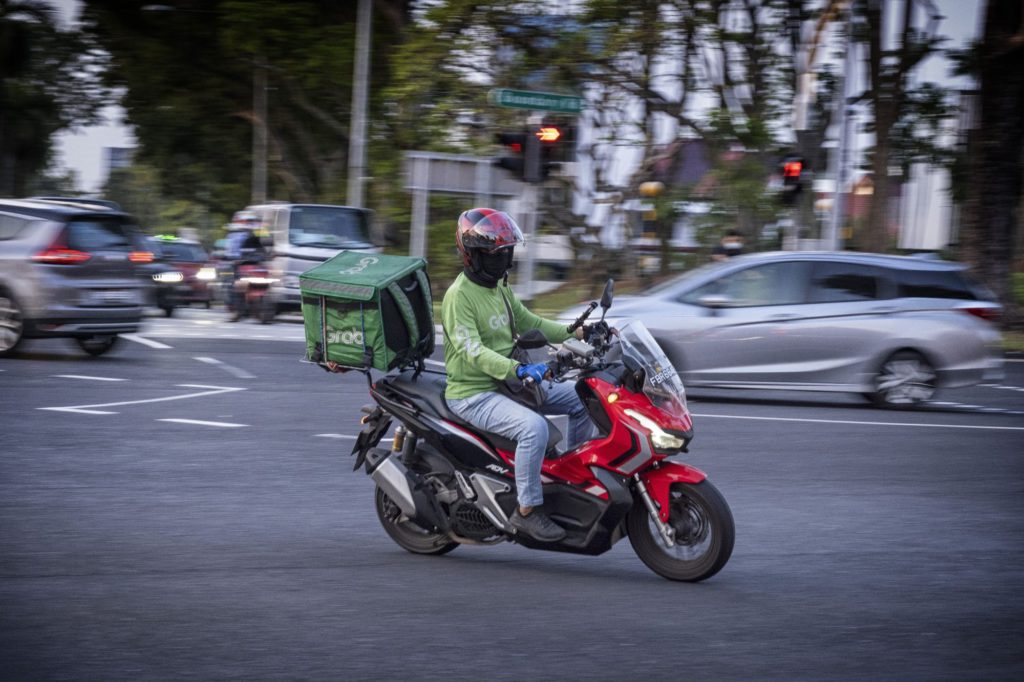Grab Holdings Ltd. reported a better-than-expected 79% revenue increase, buoyed by resilient demand from consumers who continued to hail rides and order food despite rising inflation.
(Bloomberg) — Grab Holdings Ltd. reported a better-than-expected 79% revenue increase, buoyed by resilient demand from consumers who continued to hail rides and order food despite rising inflation.
Revenue climbed to $321 million in the second quarter, the Singapore-based company said in a statement Thursday. That beat the $273.1 million average of analysts’ estimates compiled by Bloomberg. Grab’s net loss narrowed to about $547 million as it fights to reduce cash burn after spending several years locked in an expensive battle for dominance in the region.
Grab, which had been one of Southeast Asia’s hottest startups and is led by Anthony Tan, has struggled since it went public via a merger with a US blank-check company last year. Its shares have lost more than 60% of their value since then as losses piled up during pandemic-era lockdowns and money-losing companies have fallen out of favor with investors.
Now Tan must navigate through an era of rising inflation that could dampen demand just as Grab is trying to emerge from the Covid challenges. The company has faced increasing competition from GoTo Group and Sea Ltd.
Grab said revenue this year is expected to be $1.25 billion to $1.3 billion, compared with its previous forecast of $1.2 billion to $1.3 billion. The company said its gross merchandise value will expand 21% to 25% this year, compared with 30% to 35% it had projected previously.
Key Insights
- Second-quarter revenue from Grab’s delivery business almost tripled to $134 million.
- Revenue from its mobility arm gained 37% to $161 million.
- Revenue from financial services rose to $13 million.
- Grab’s cash and cash equivalents fell to $2.8 billion at the end of June from about $3.4 billion at the end of March.
- Partner incentives climbed 23% to $212 million, while consumer incentives rose 28% to $311 million.
- Monthly transacting users grew 12% to 32.6 million.
Get More
- Earlier this month, Grab and rivals Foodpanda and Deliveroo Plc formed an unlikely partnership to strengthen their influence with the Singapore government as it considers laws that could transform the gig economy. Legislation that seeks to protect the interest and safety of thousands of drivers could impact companies like Grab, who have benefited from having people work for them without shouldering traditional responsibilities of a direct employer.
- Grab’s gross merchandise value, the sum of transactions flowing through its platform, rose 30% to $5.1 billion.
- Grab expects deliveries GMV to hit as much as $2.5 billion in the third quarter; mobility GMV to reach up to $1.1 billion; TPV for financial services to rise to as much as $3.9 billion.
Market Reaction
- Grab shares rose 6.7% in trading before US markets opened.
(Updates with operating metrics starting in sixth paragraph)
More stories like this are available on bloomberg.com
©2022 Bloomberg L.P.











